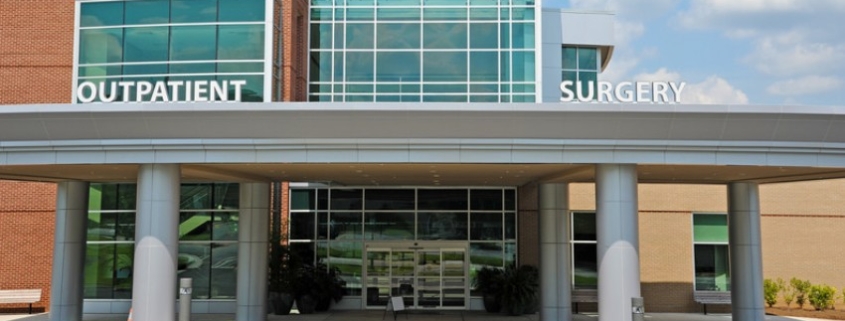Healthcare Realty Trust Looks To Sell $1.1B In Assets
As part of its pending-yet-imminent merger with Healthcare Trust of America Inc., Healthcare Realty Trust Inc. is currently under contract with five counterparties to sell or joint venture 27 properties totaling $807 million.
For a subset of these properties valued at a total of $673 million, the counterparties have secured their investment committees’ approval or due diligence periods have expired. These transactions are expected to close within 10 days of the completion of the merger, which is expected on or around July 20. The rest of the properties under contract are scheduled to close by the middle of August.
As had been announced previously, the merger consideration includes a stock exchange ratio of 1:1 and a special cash dividend of $4.82 per share to HTA shareholders, totaling $1.1 billion.
HRT expects to fund the $1.1 billion dividend through the above-mentioned $807 million in asset sales and joint venture transactions, as well as 10 properties under letter-of-intent with three counterparties for $295 million, all at a blended cap rate of 4.8 percent.
HRT further announced that it “is also in active discussions with multiple counterparties regarding the sale of additional properties valued at more than $600 million at similar cap rates.”
The asset sales, HRT reported, “refine its portfolio by increasing the percentage of on-campus properties and improving the percentage of properties in top 100 MSAs….”
In a prepared statement, HRT President & CEO Todd Meredith said that with these transactions, the company has secured funding for the special cash dividend at an attractive cost of capital and that it expects to continue to positively shape the combined company’s portfolio and source accretive capital through more asset sales and joint venture investment.
An HRT spokesperson confirmed to Commercial Property Executive that the combined company will keep the Healthcare Realty name and continue to trade under its NYSE symbol (HR).
Finally, HRT stated that it expects to form a new joint venture with CBRE Investment Management. Initially, HRT plans to contribute four former HTA properties, while retaining a 20 percent interest in the joint venture and managing and leasing the properties.
In late 2020, HRT entered into a 50-50 joint venture agreement with TIAA to invest in medical office properties at the pace of about $200 million a year.
And in April of last year, HRT purchased a 57,600-square-foot medical office building in Laguna Hills, Calif., from Meridian for $31.3 million.
Source: Commercial Property Executive




